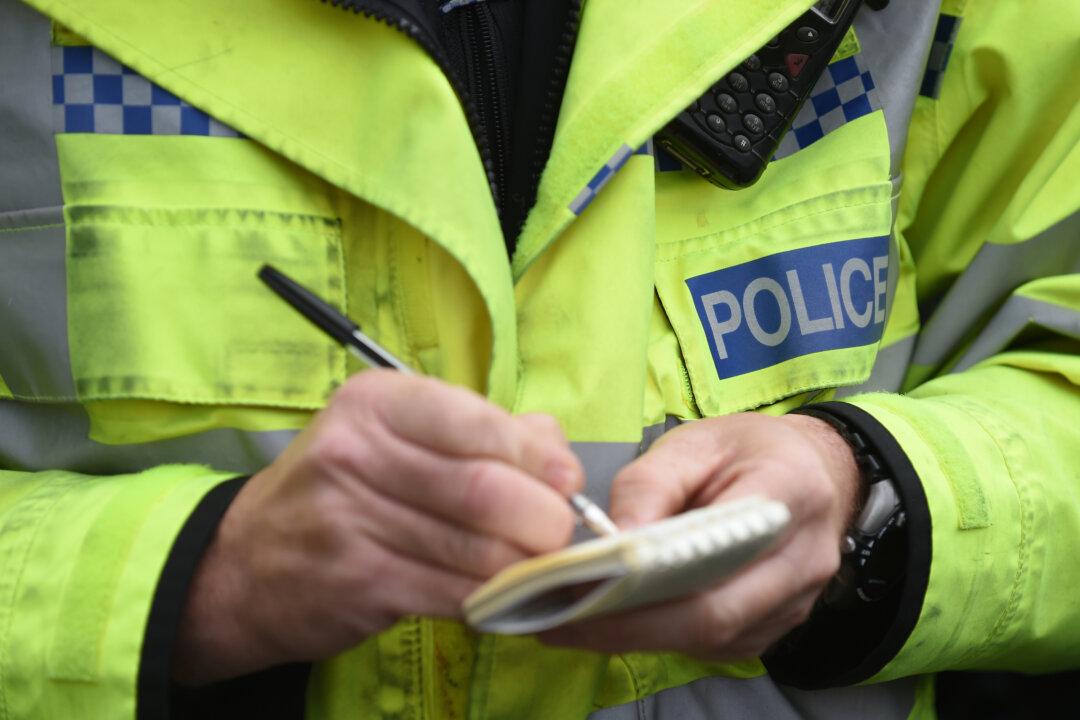New legislation may give the police powers to run facial recognition searches on databases containing images of Britain’s 50 million driving licence holders.
British lawmakers are currently reviewing and discussing the provisions of the new Criminal Justice Bill, which was introduced to the House of Commons in November.





